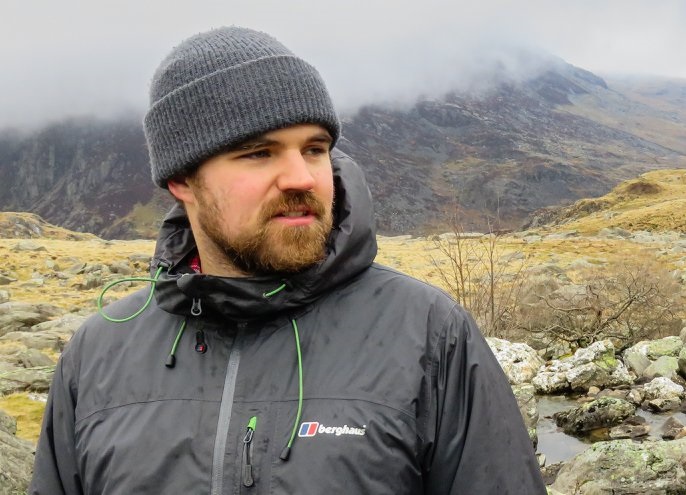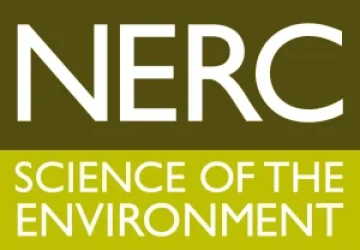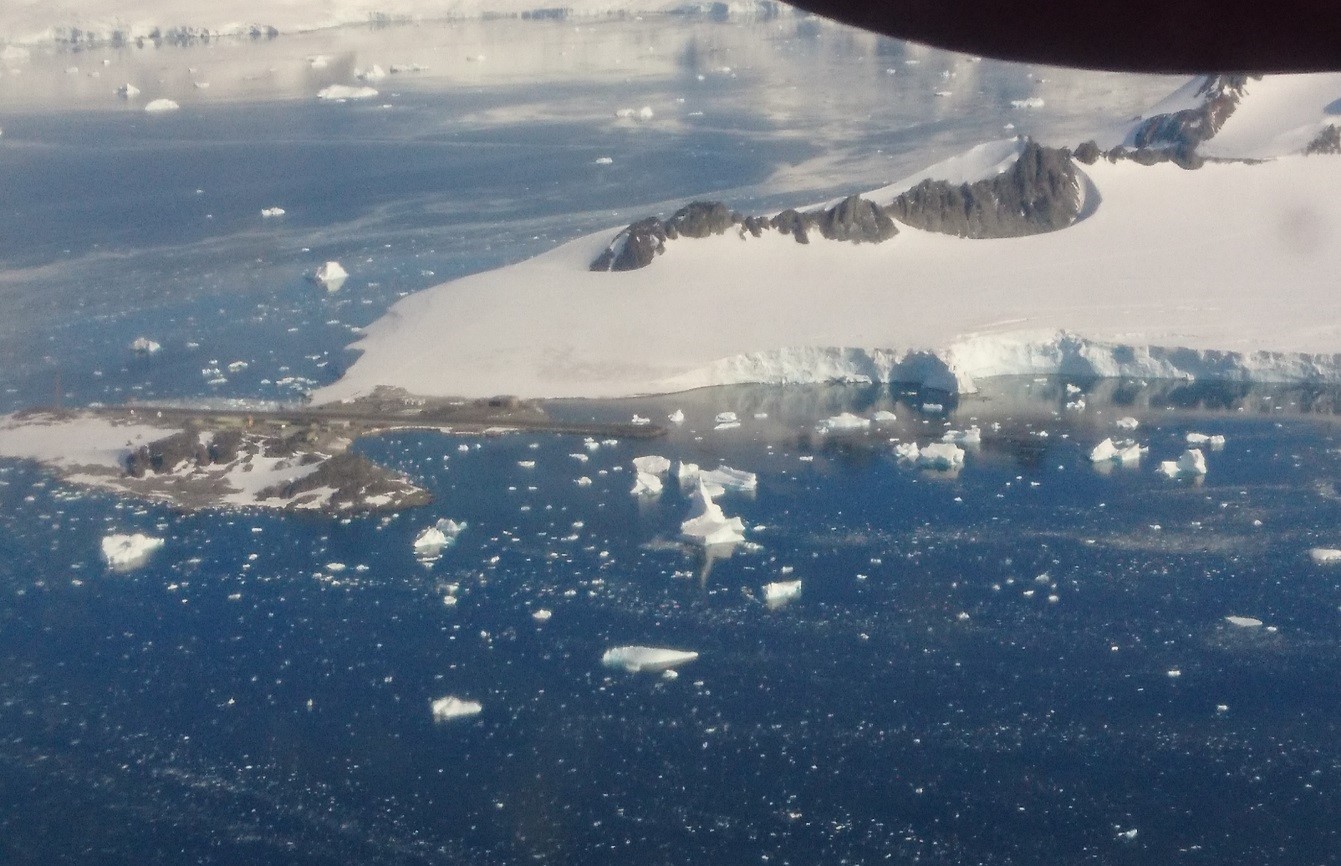By Conor Bolas
Technical Adviser at ITOPF Ltd.

So I am now four months into my shiny new job and I am currently working through the minor corrections to my thesis. Here is a wee post about what that is like and what I think of the whole thing.
Firstly, my thesis.
Writing it was really, really hard work. The last three months were a monotonous trudge of writing and making lots of graphs look very pretty. I’m not going to lie, it was the worst. I got lucky in December and was offered a job – one that I had been keeping an eye on for three years and I really, really wanted. More on that later, but this meant that I had a very hard deadline, as they wanted me to start as soon as possible.
So with this hard deadline I had a frantic dash to pump out my thesis. I started writing in earnest at the start of January, and honestly did not have a single day when I was not writing, until the 4th April – 4 days after my target day! In some ways it was very satisfying, distilling (mostly) everything I had done into 60,000 words and making it neat and shiny. On the other hand it was stressful and defined by late nights, doubt, disgruntled supervisors, a grumpy partner and letting all my life admin go to pot. But hey ho, it was done! Look:

Forgot to mention, my PhD was a study on isoprene, a trace hydrocarbon that is emitted in huge quantities from plants around the world. I was examining how it distributes in a forest canopy and I had developed a new gas chromatograph for field work. So I guess you could say that I am an atmospheric chemist. In fact it was more of a blend of plant science, atmospheric physics, software engineering, electrical engineering and chemistry. Regardless of my scattered categorisation, I enjoyed it immensely!
After submitting, I had a frantic three weeks of holiday crammed in, during which time I essentially darted around seeing people and having a lot of fun. Not really very relaxing, but it was great.
Then I started my new job!
I got a job with a company called ITOPF Ltd. as an oil spill response technical adviser. I’d had their ‘technical services’ brochure on my shelf for three years, having attended a careers event presentation in the Chemistry department. The presentation had included a video of someone in the role being air-lifted onto a sinking ship under a cliff in Morocco – so exciting! Needless to say I was sold!
So what actually is the job?
Well, the shipping industry is extremely extensive and a lot of oil and chemicals are carried around the world all the time. Occasionally these ships have wee accidents – usually some form of grounding, collision or cargo-related fire / explosion. As a result of this, oil can accidentally enter the environment. The clean-up effort can then be mammoth and damage to the environment can be extremely acute and extensive. As well as the mechanical or manual clean-up operation, there is required some kind of practical guidance on how to go about the procedure, based on scientific principles and an assessment of the environmental impact. This involves not just ‘field-work’, but things like organising volunteers, dealing with angry fishermen, communicating to local officials and overseeing the salvage operation. These kinds of things are what Technical Advisers do at ITOPF.

I know what you think: “But there are hardly ever any oil spills these days”. You are probably thinking of huge environmental disasters like the Torrey Canyon, the Prestige, Exxon Valdiz or the Deepwater Horizon spill. Well in fact, very often there are smaller spills happening around the world that do not hit the media. Last year (2018) ITOPF attended ~15 oil spills that were deemed large enough, or threatened such a risk to the environment that we were called on site. Some were very significant indeed.
I have now been in this role for two months. So what’s the reality? I have spent two months reading a lot about oil spills and waiting for a spill that is suitable for me to ‘shadow’ an experienced Technical Adviser and observe what it is all about. At the same time, I am hearing about on-going cases. Some cases last a long time and even 8 months later, staff are still periodically on site to observe on-going clean-up and assess compensation claims. I’ve also attended two week-long training courses which I enjoyed immensely. I have seen many, many photos like these:
The job still seems pretty exciting to me! It still appears to combine four things that I enjoy:
- Science in action
- Diplomacy, team-working and social interaction
- Environmental well-meaning
- Travel and adventure
But it is not all honey and roses. The real picture at the moment looks like this:

Yes, I am commuting every day into Liverpool Street Station. It’s very busy, takes 1 hour 40 minutes door to door and costs £25 a day minimum. Not really ideal. There are positives – I get a seat on the train as Cambridge is the first stop, and it does give you lots of time for reading, thinking, sleeping, working, language lessons blah blah. But it is very tiring.
My plan is to move to London in September, so hopefully that will improve the situation.
And how is this new life different to PhD life?
Firstly is the wage difference. I don’t consider myself driven by money, but I am not going to lie, it’s nice not giving almost 50% of your monthly income to rent!
Secondly is people seem pretty content and I so far haven’t really seen any folk who hate the role or are frustrated.
Thirdly is the hours are so few! I leave work now at 17:15! I still can’t really believe that. During my PhD I was staying until at least 19:00 every day and often past 21:00!
Fourthly, life is now regimented. I catch exactly the same train every day and leave work every day at the same time. In PhD I was all over the shop!
Fifthly is there is not the same ‘young-person-buzz’ and spontaneity that comes with being in a university research group. Everyone is married and has children and mortgages and that is BORING. Mind you, I was in Spoons again the other night and I thought it was really terrible.
Sixthly, I miss the coding, the research puzzles and the freedom to pursue some random idea for two days.
How did my DTP help me?
In addition, I thought seeing as the PhD was organised through the DTP, I would say a short bit about that! It has been really great!
The training available is amazing. There are so many opportunities to be taken! I would highly recommend any potential candidates or early year PhD students to fully take advantage of this. For example, during my PhD I did many scientific computing courses, I did a two week field measurement summer school on the Isle of Arran, I attended many workshops and things all around the UK and a couple abroad. I even went to the Norwegian Arctic and did a summer school on earth observation and fieldwork using drones in research. To have a framework where all these things are offered to you is really great.
I would say that regardless of your PhD project, you should cast your net as wide as possible over these training opportunities and get a lot of varied experiences! Your supervisor may not always agree with you, but you should try and look beyond your project and get some training in that doesn’t immediately benefit your project!
Also the cohort of your year is great – it’s another bunch of people to socialise and make friends with!
So that’s that.
I have only been doing this for a while, so get back to me in a year after the rose-tinted glasses have faded away. I think academia was not for me, so I am glad I am out. I realise, however, that I am incredibly lucky to have found a post that I love – I know this doesn’t happen for many.



